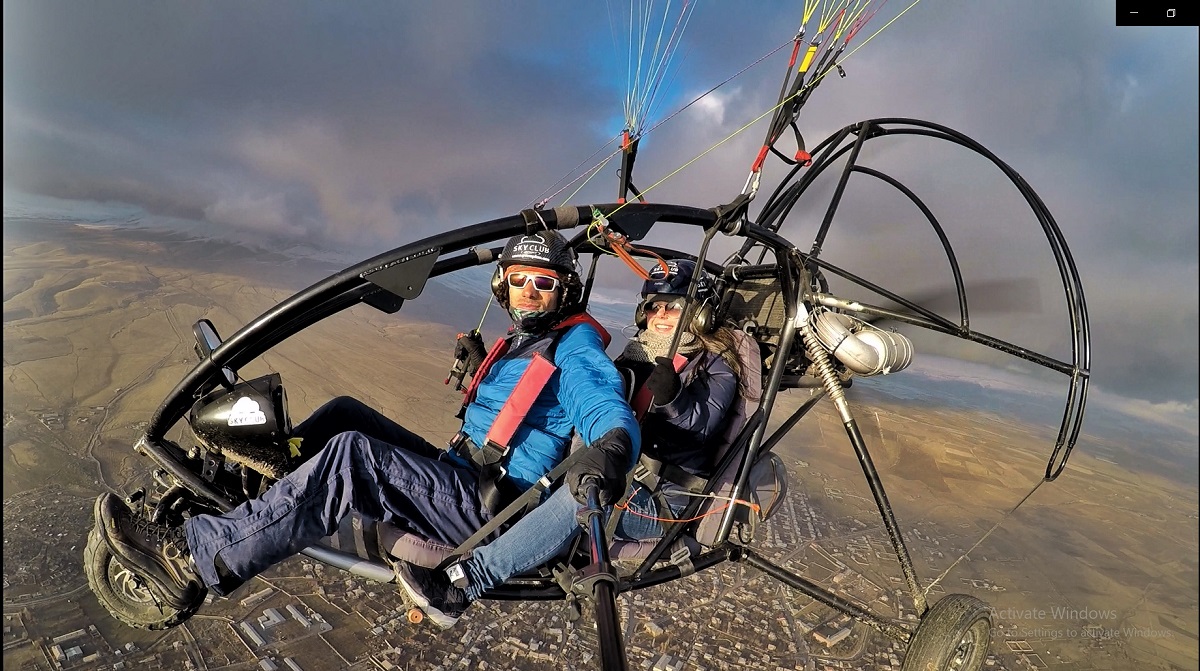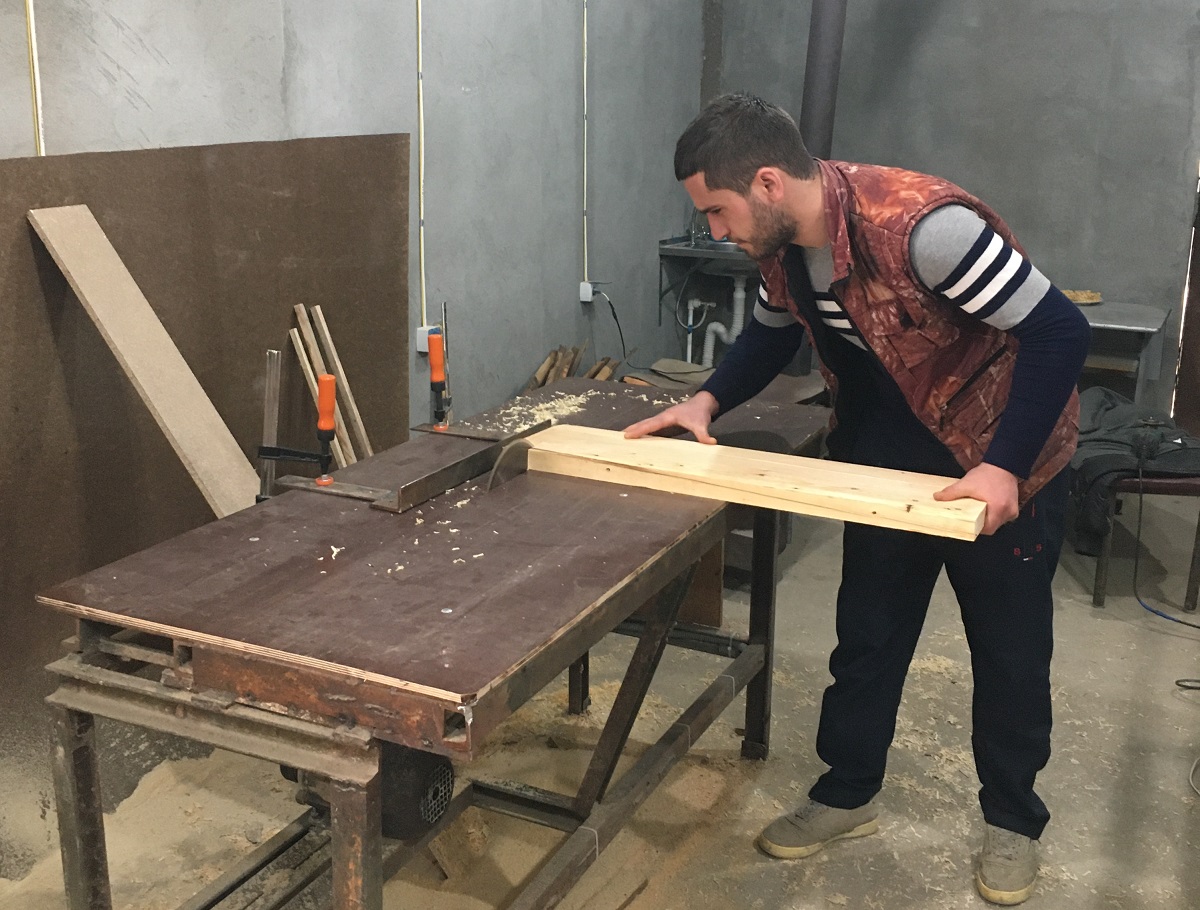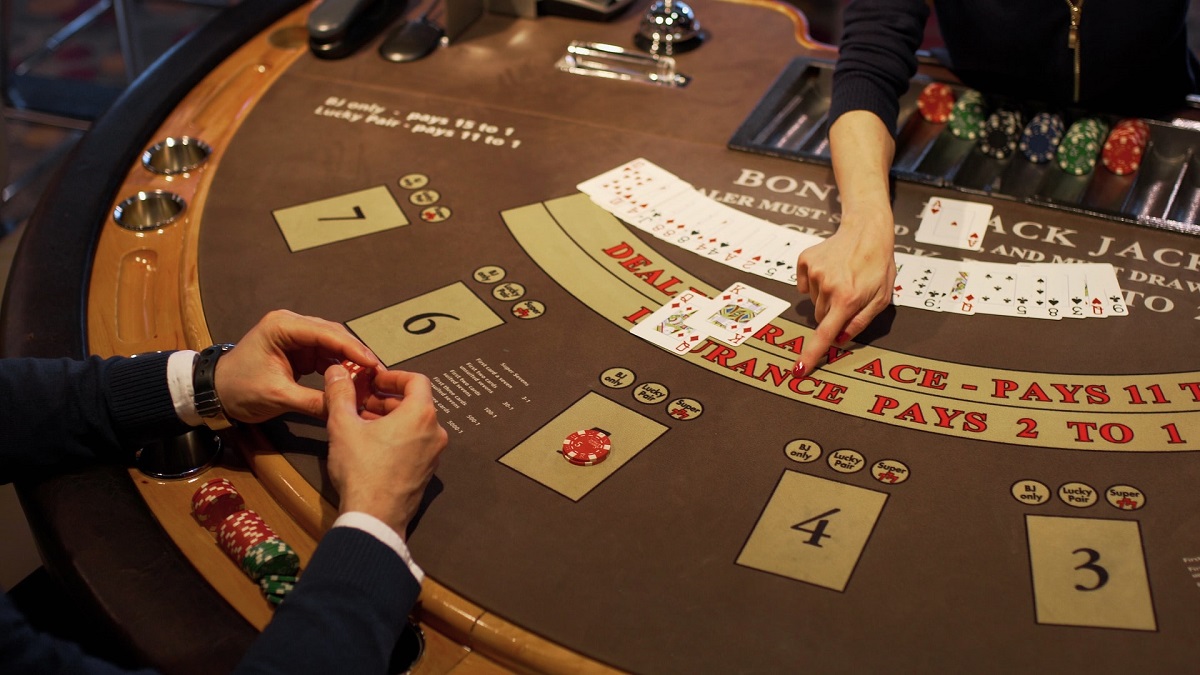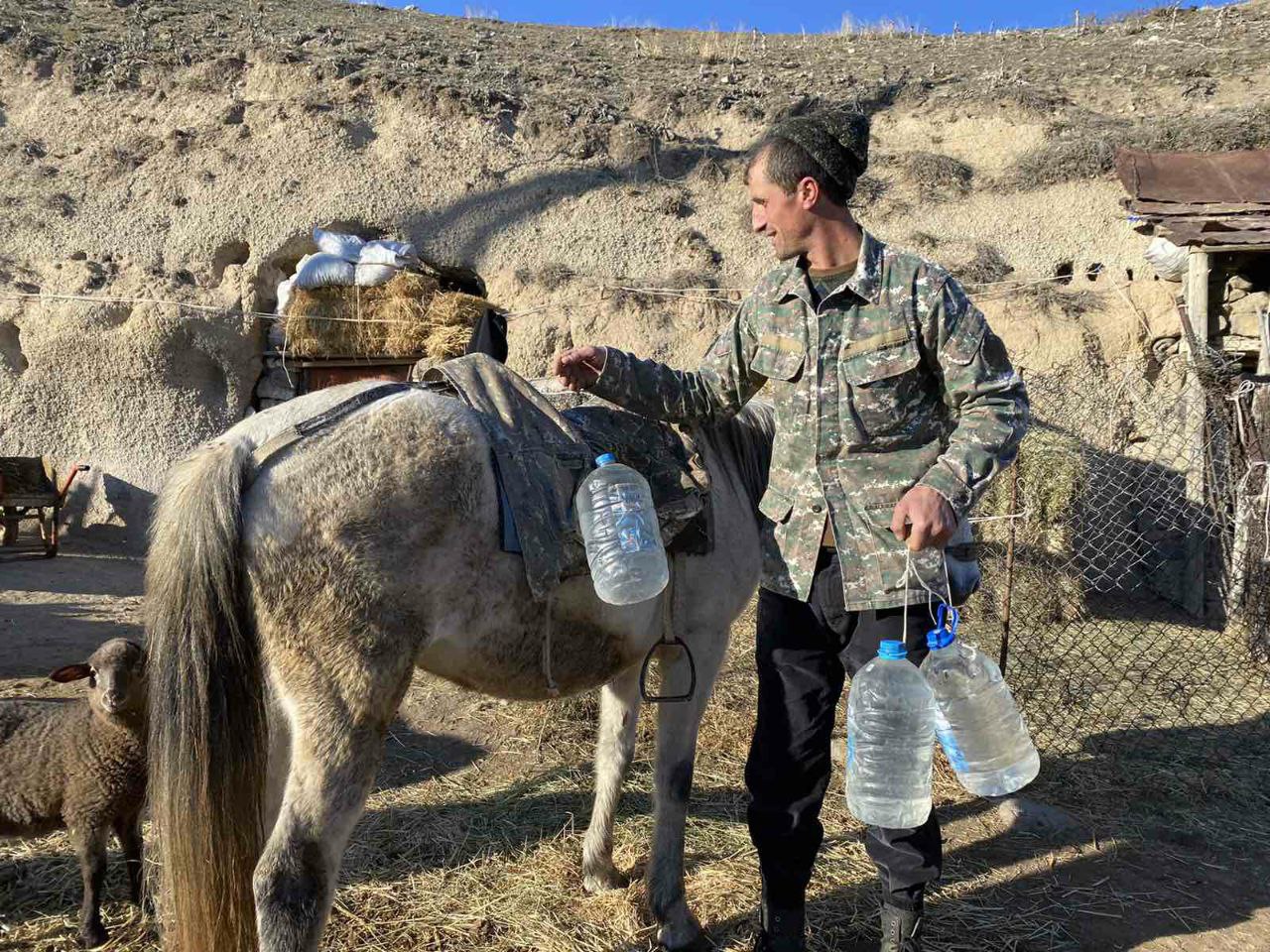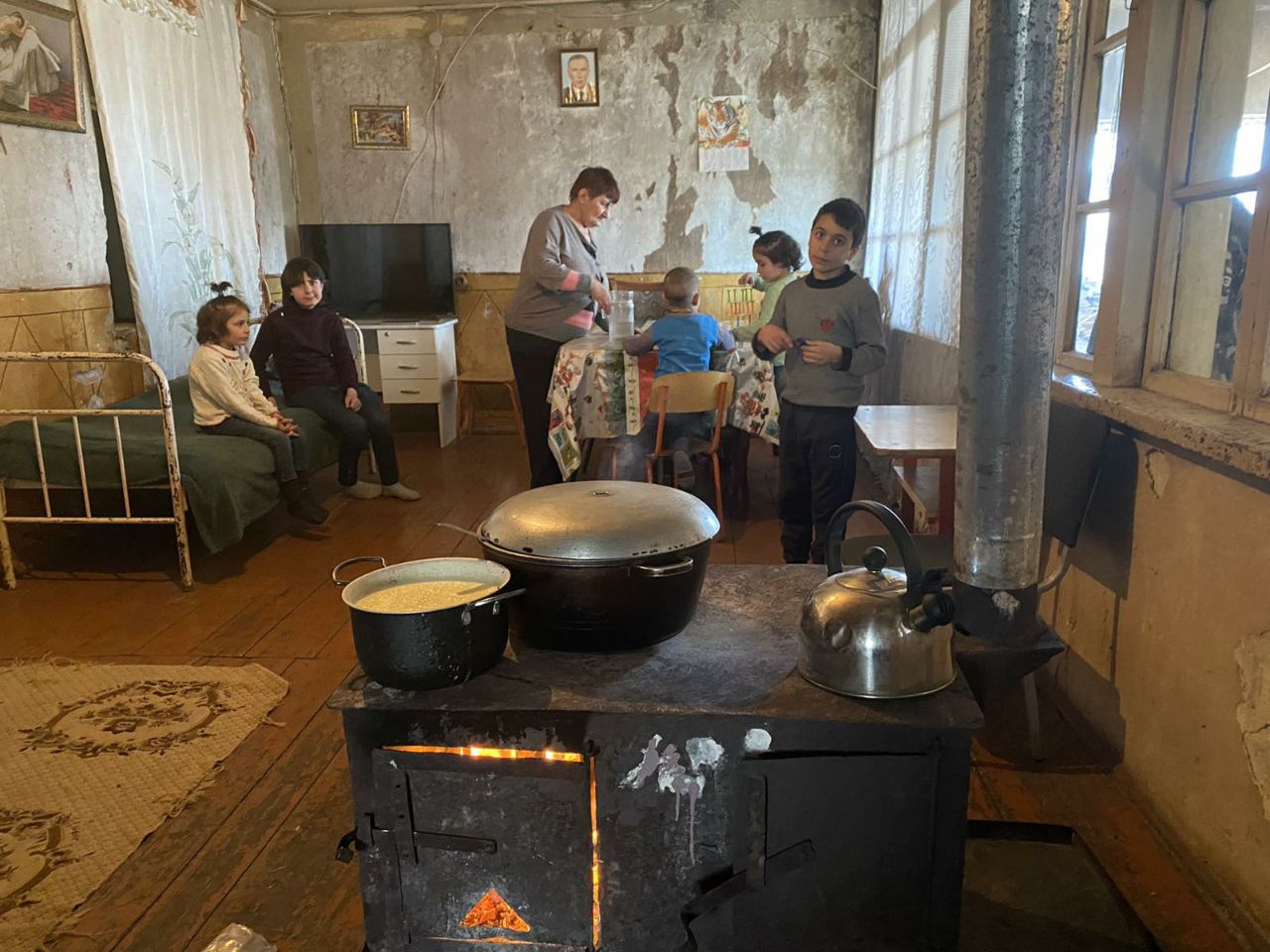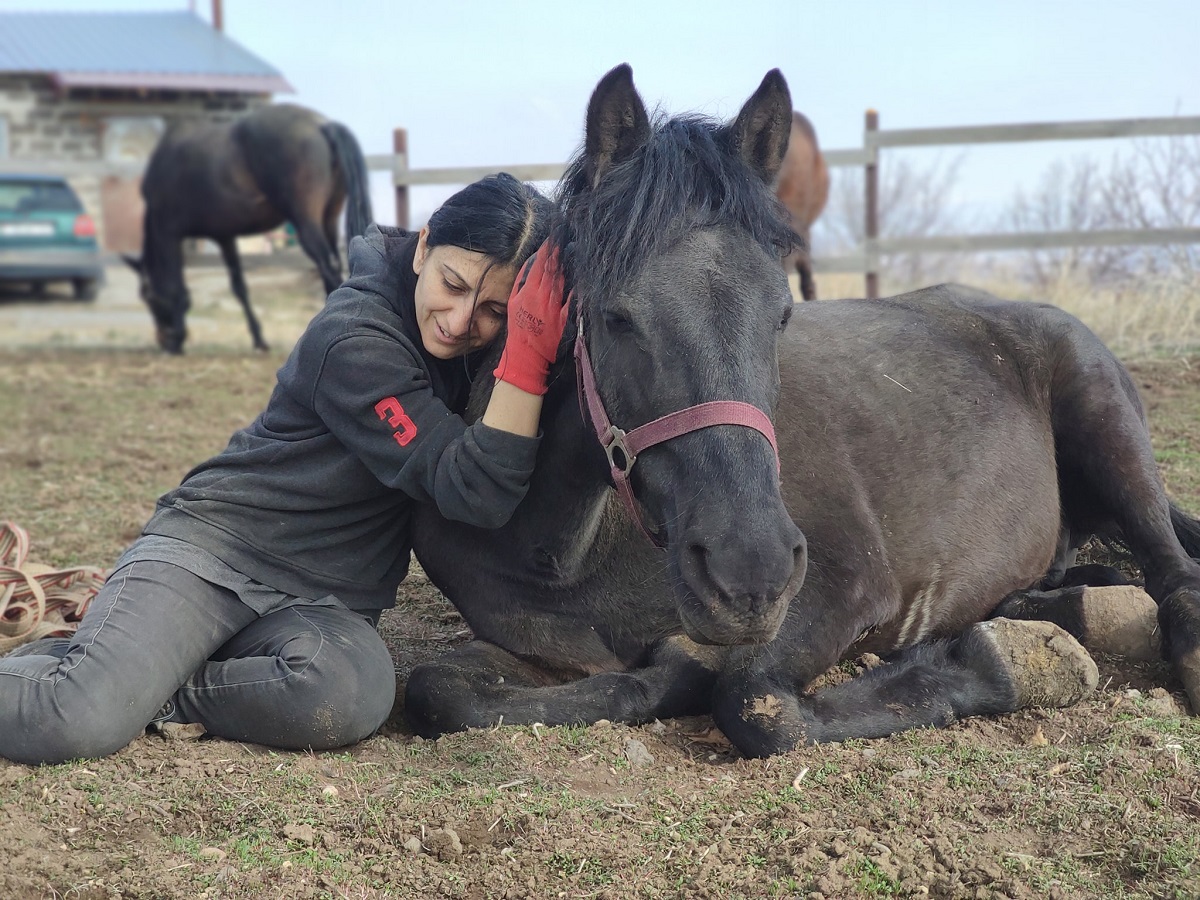Prison system in Armenia: why are the courts reluctant to approve early release of some inmates?
Parole for prisoners in Armenia
There are 10 penitentiary institutions in Armenia, where about two thousand people are kept. Experts consider the small number of convicts a positive indicator for the country. However, they believe that as part of reforms in the justice system, it is necessary to change the procedure for parole. Armenian courts rarely make such decisions.
- Azerbaijan’s intent to prosecute NKR leadership outrages Yerevan
- “Peace, strengthening army or poverty” – what worries Armenians?
- Military spending of Armenia and Azerbaijan – in numbers
“When you know about prison and freedom first hand”
At least 100 lawyers and representatives of non-governmental organizations are discussing reforms in the field of justice. In the hall where the event takes place, the atmosphere is heating up, and participants are arguing loudly. A young man, sitting alone near the wall, did not utter a word during the entire discussion, except for his name. His nervous movements and the way he bites his nails suggest that he has found himself in an uncomfortable, unusual situation. After a while, the young man leaves the hall.
“My friend is not yet used to freedom and a large number of people around. It has not even been 10 days since he was released from prison, where he spent 8.5 years. He went to prison at the age of 23 for drug trafficking and was released on parole at 32. His unlived life remained between these two figures”, says Armen Davtyan.
He is also a former convict. He ended up in a correctional facility for fraud and served 5.5 years in prison. During this time, he managed to win 3 journalistic awards. The most valuable for him is “the one he received for an article about love”.
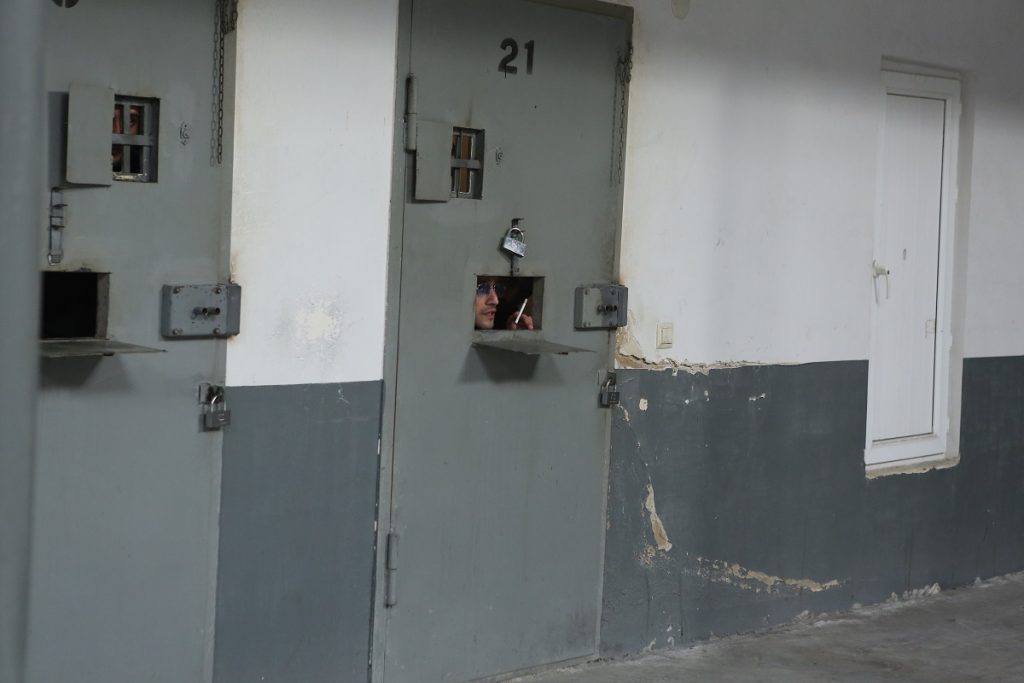
“When the judge read out the verdict, it seemed that I was sentenced to death, not to 5.5 years in prison. I was 43 then. I never considered myself guilty. I think that I was also persecuted for political reasons because of my journalistic activities. The whole case was based on the allegation that I had introduced two people to each other, one of whom intended to extort money from the other. I was charged as an intermediary”, says Armen.
On the first day in prison, he could not believe that he was really there, “this was not his place”. He says that the most humiliating thing was a personal search, when he stood completely naked in front of strangers.
“The prison officer who escorted me to the cell must have felt my condition, because he said: “There is a chapel here, you can light a candle and pray if you want”. I refused. A little later, he came again and said that I was the first one who refused to go to the chapel and asked: “Maybe you have other religious beliefs?” I said no, I just don’t have the money to buy a candle. It turned out that no one had it – candles were free there”, Armen recalls.
His cellmates knew even before his arrival that he was a journalist. Because of this, he had problems: the cellmates decided that they had planted a “slanderer” to find out what was happening inside.
“At some point, you just realize that reality has changed, and you will either adapt to it, or your life will become hell. In the process, the inmates realized that I was one of them. Moreover, they realized that my professional skills could be useful to them too: I can raise issues that are not discussed at large, I can tell those who are outside the prison walls about the rights of those who are inside”, says Armen.
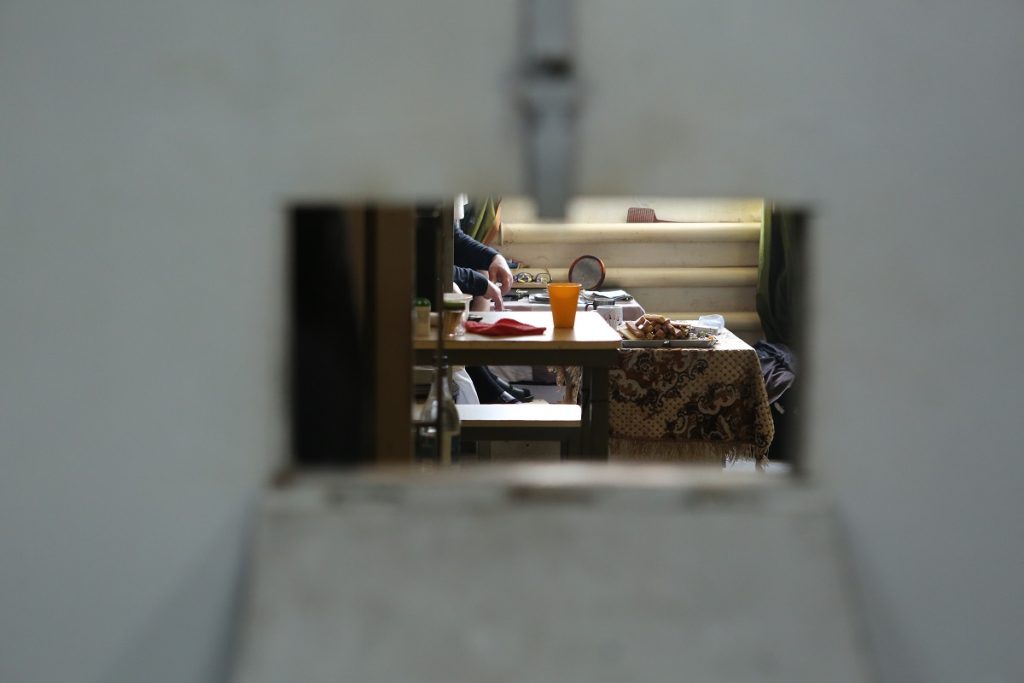
He did not stop writing articles here. He collaborated with various publications, and received small fees, which he sent home to his mother.
Already in prison, Armen was charged again․ Drugs were found in the “forbidden item” (mobile phone) handed over to him. Armen says he never even saw drugs, but it didn’t matter anymore. Three more years were added to his term. But Armen is one of the few who managed to get out early.
In Armenia, it has always been difficult to get parole or to have part of the sentence replaced with a lighter sentence, and during the coronavirus pandemic, the process has become even more complicated – even though all international organizations have recommended simplifying these procedures in order to reduce the number of people inmates.
“The convicts were not taken to the courts for various reasons. The epidemic was added to them, which became a very convenient reason to postpone the hearings. The trials in my case were constantly postponed due to my failure to appear. It took me so many months that I wrote a statement and asked to hold a court session without my presence. Many did so, but only my application was accepted. I think it worked because I am a journalist”, says Armen.
It was then that he realized that he was an exception, “others will definitely not be lucky.” I decided that I should create a structure that would protect their rights. After his release, together with two former prisoners, he created the public organization “In the name of Freedom”. Its purpose is to protect the rights of convicts and ensure their reintegration into society.
Parole Procedure
To make a decision on parole, two reports are required: from the Probation Service – with a positive or negative conclusion, and from the penitentiary institution – with scores. The parole applicant must score at least 28 points in order for the process to begin.
Armen Davtyan says that the mechanism for accumulating points is ineffective and does not contribute to the process of reforming the convict. He says that if a person was convicted before he turned 28, then he does not receive points, if after – he initially accumulates 2 points:
“The highest score is 5, you can get it if you prove that you are not a carrier of a criminal subculture. How to prove it, just swear on it? How will it be determined whether you are lying or not? For example, in order to earn points, I decided to take English courses. It turned out that all the places were already taken. Instead, I was offered to take an Armenian course. Being a specialist in the Armenian language and literature by profession, I went to these courses for the sake of 3 points. This, of course, is absurd”.
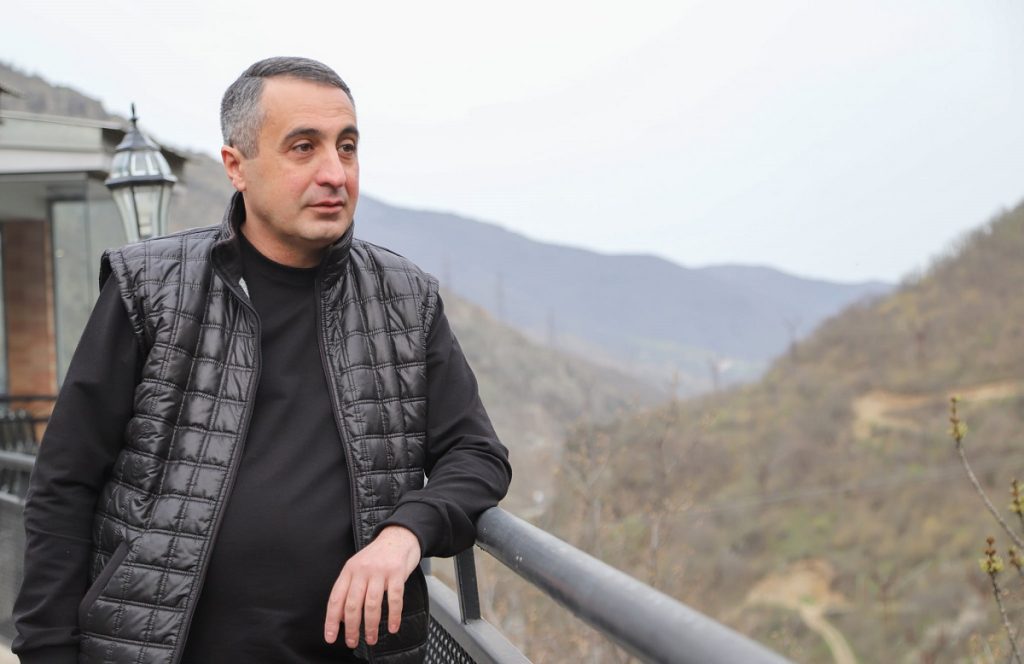
In order to accumulate points, a prisoner must work, and penitentiary institutions objectively cannot provide jobs for more than 2,000 people.
Points are also accumulated for incentives received from the management of the correctional institution. Numbers show how difficult it is to get them. In 2021, only 6 prisoners received incentives, 4 of which were canceled by the prosecutor’s office after a corresponding check.
Violations committed by prisoners may influence the court’s decision. During the pandemic, the main violation was the possession of “forbidden items”– mobile phones. Meanwhile, as Armen says, for about 2 years in prison, the telephone was the only means of communication with the outside world and the family, since visits were prohibited.
With regard to the reports submitted by the Probation Service. According to a study by the NGO “Protection of Rights Without Borders”, 80-85% of the reports of the Probation Service in 2020 were with a negative conclusion.
Figures: how many prisoners are in prisons, how many people are released early
In May 2022, 1027 people were kept in correctional facilities. According to Deputy Minister of Justice Arpine Sargsyan, this figure sometimes reaches 2,200 people. But since 2018, after the Velvet Revolution, the number of prisoners is basically 1,000 people.
Prime Minister Nikol Pashinyan also discussed this topic in May, saying that by the end of 2021, “Armenia is second only to one European country in terms of prison population density and that European country is Monaco”. He stressed that two penitentiaries were closed during his premiership because there was no need for them, and therefore “these penitentiaries do not meet the standards that we want to have.”
Lawyers and representatives of human rights organizations confirm that the number of prisoners in the country is small, and consider this to be positive for the country. At the same time, they indicate that there are enough problems in the justice system, and one of the most serious is the parole procedure.
A small number of applications for parole have been granted in the past three years:
• in 2019, 1138 appeals were received, of which only 212 were satisfied;
• in 2020, out of 722 applications, 199 were satisfied;
• In 2021, 740 people applied for parole, of which only 182 were released.
“A correctional institution should not punish, but correct”
Chairman of the Center for Legal Initiatives NGO Nare Hovhannisyan believes that the current system of accumulating points for parole does not help the process, but fails it. It turns out that the prisoner is thinking not about how to change, but about how to accumulate points.
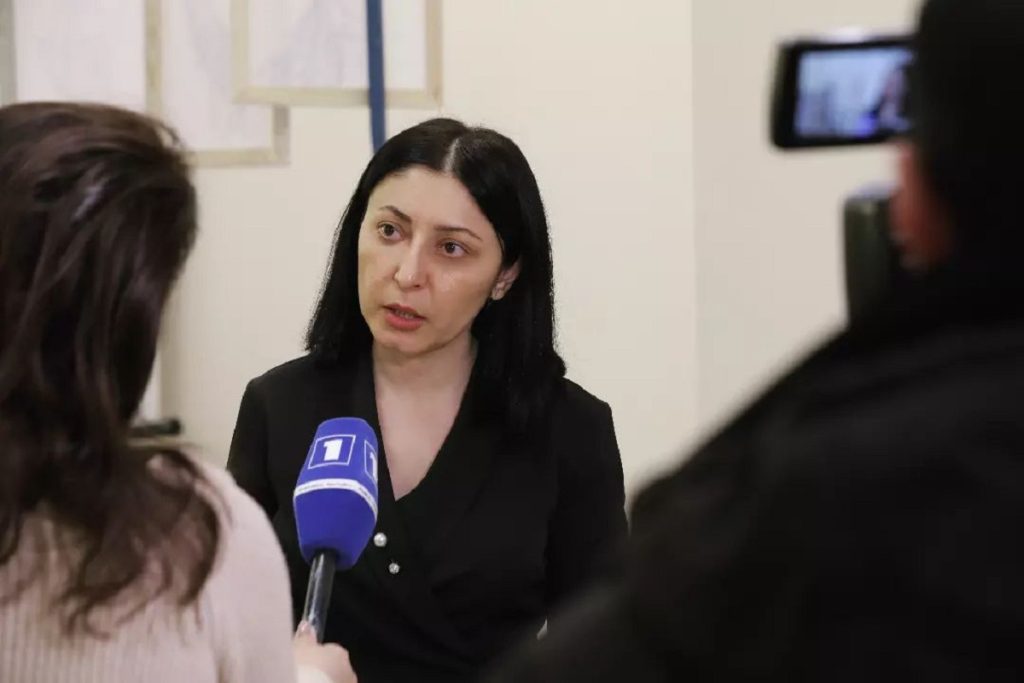
“Imagine that a convict visits a psychologist, a social worker, applies to the administration of a correctional institution with a request to attach documents to his case about his exemplary behavior, and participation in various events. That is, both the prisoner and the system are not engaged in correction, but in proving something to the prosecutor. It turns out that the process is formal, the scores are not the result, but the goal”, says Nare Hovhannisyan.
In her opinion, the current procedure does not give a clear idea of the dynamics of the prisoner’s behavior, moreover, it makes the whole process meaningless due to the mechanical, extremely limited toolkit:
“Imagine a situation where a prisoner really wants to work or study, but there are no such opportunities in a penitentiary. For example, there are correctional institutions where educational programs are not organized at all. It turns out that a person’s desire to learn does not affect the ability to accumulate points and be released. The processes taking place inside correctional institutions have nothing to do with the planning of a person’s life at large and will in no way contribute to his reintegration into society.
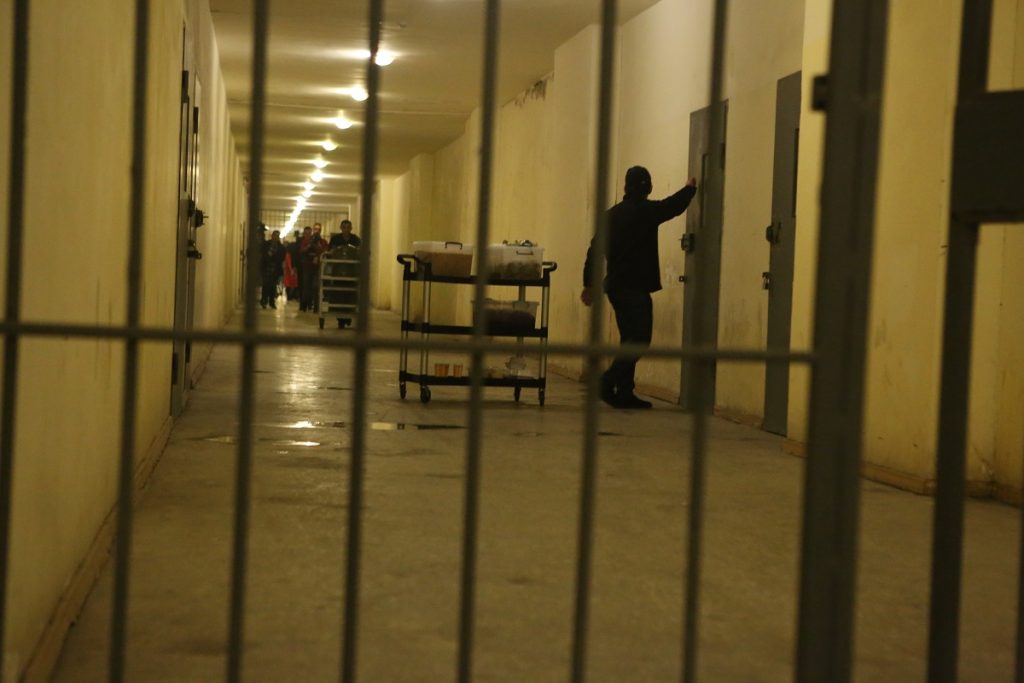
The expert also explains the small number of parolees by the imperfection of the process:
“Since there is no mechanism for determining the dynamics of human behavior, the system cannot justify why a person should be released or remain in prison. That’s why so few are liberated. Meanwhile, a penitentiary institution should not punish but correct a person. And the sooner the better”.
What ex-prisoners propose?
The public organization “In the name of Freedom” is working on a legislative package to change the procedure for parole.
First, Armen and his friends propose to revise the system of points awarded to prisoners and limit them to giving them positive or negative opinions from the correctional institution and the Probation Service.
In addition, they suggest that parole trials be handled by dedicated judges, as hearings are often delayed due to overburdened core judges.
As an alternative, in their opinion, the possibility of conducting mobile trials in correctional institutions, where from 10 to 15 cases can be considered within one day, can be considered.
“What did you lose and what did you gain?”
Armen says that the only thing he regrets is the 5.5 years spent in prison. He thinks that over the years he could fall in love, get married and start a family:
“In fact, I lost not only the years I spent behind bars. I have lost much more. After release, for months I could not get used to this reality: to sleep in my room, in my bed, wake up and look through the window of a high-rise building every morning. It would seem that you have lived your whole life in freedom, and these 5.5 years cannot change you. But they do change you a lot.
Mom was very worried, she did not recognize me after returning. But imprisonment is like that, you will never be the same again. Even I could not get used to normal life for months, although the very next day after my release I went to work. How will those who go into absolute emptiness adapt – no family, no work, no former circle of friends? Only stereotypes and discrimination”.
On the other hand, Armen is sure that in this way “the Lord gave him a respite”, an opportunity to think, repent and shake himself up. He says the prison was a warning to him so that he would finally understand that every action in life has consequences. That is why he now wants his deeds to “have good consequences.”
Conditional early release in Armenia










